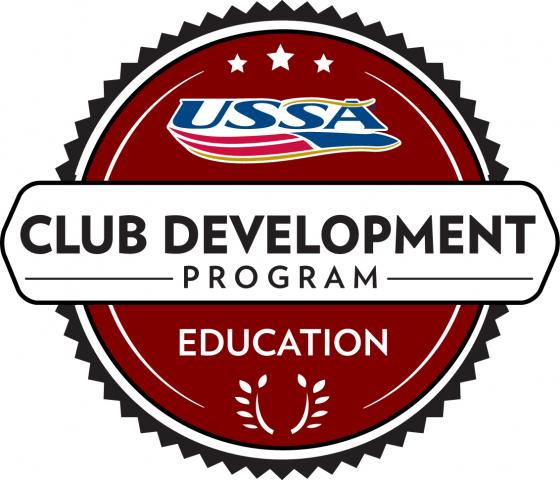Club Orientation
Parent Orientation MeetingThe Parents first impression of your club and coaches, make it a homerun!A sample agenda for an early season meeting is presented here. Remember, for many new parents, the first of the season meeting may be a bit overwhelming. Many clubs host separate meetings for new parents, providing an extensive period for questions. Parent mentoring programs where experience parents take newer parents under their wings can be extremely helpful in building club culture.
Orientation AgendaPhilosophy: The club’s philosophy and well as the head coach’s (Program Director) philosophy. They should not differ much, but the head coach stating his or her personal philosophy will give it a human touch.
What’s our Culture? Emphasize the positive – what is expected of all members, athletes parents, coaches of the community. Should directly reflect the mission, vision and values of the organization and the club and leader’s philosophy – make these “tie ins” very clear. How do we want to be known to the community outside the club?
Staff Roles and Responsibilities: Staff introductions - background and training (all coaches should be prepared to speak – professionally!). Introduction of key volunteer positions and assignments.
Athlete Roles:
Policies:Training policies – attendance, punctuality, length, purpose, location, etc. Competition policies Travel policies Disciplinary policies (historical examples if possible) Financial Policies (timely payment of dues, competition entries and travel expenses, etc.) Team uniforms
Communication Plan: Office hours, voicemail, E-mail, appointments and meetings, newsletters and web site, telephone (and cell) #s, “veteran” parent mentors.
Volunteerism: The need, the how to, the opportunities (clearly defined).- sign them up right then and there for any known dates, times and duties. Professional duties: many parents have much needed professional expertise and may be more willing and able to help with the website, mailings, communications, database management, etc. rather than on hill or event duties.
Parent Expectations: Define a supportive parent – the crucial role parents play in the club and sport. Describe how to communicate with club coaches/administrators.
Parent Code of Conduct: The title and content may vary per club. Samples from national governing bodies, successful clubs and other nations can be found on the internet with a little searching. A list of resources is included throughout the CD.
Questions and Answers: Despite being last on the agenda, a club meeting should not run so long as to exclude this topic. Save time – make time, to let parents ask questions, for volunteer signup and for a group cheer.
|


